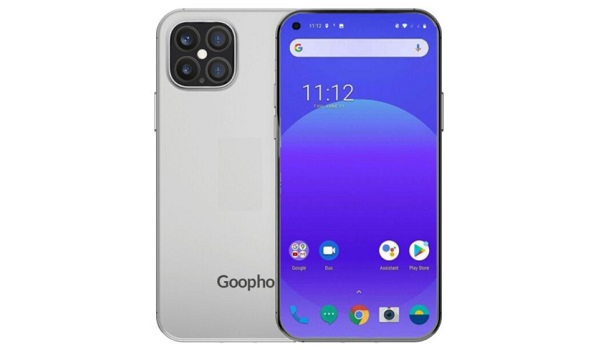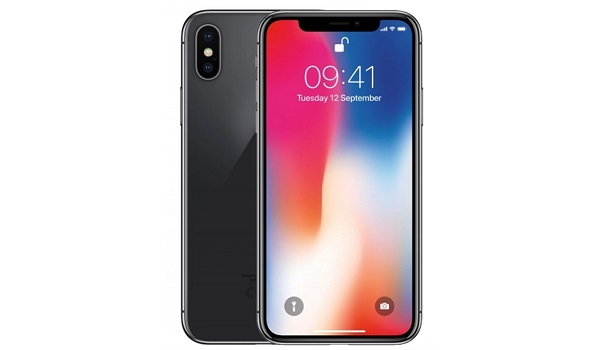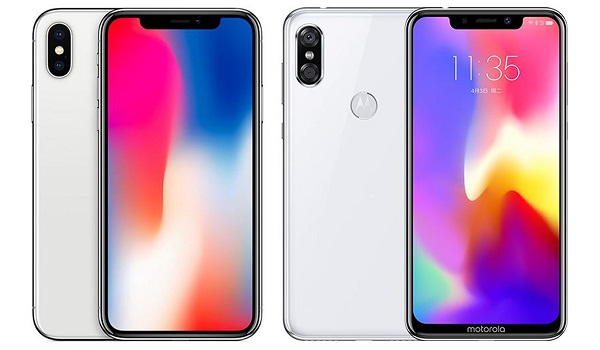There are a number of manufacturers’ whose speciality is the production of clones of Apple’s iPhones. Year after year, with each new iPhone release, they make another smartphone that looks exactly like each year’s iPhone model. Well-known iPhone clone manufacturers include: Hotwav, GooPhone, and Bluboo, among others. Hotwav and GooPhone are particularly notorious as makers of iPhone clones. For example, while at the time of this article, the iPhone 12 series are yet to be officially announced, GooPhone already as an iPhone 12 Pro clone in the works. Goophone 12 Pro is a rip-off of the design of the iPhone 12 Pro. Of course, like all iPhone replicas, it does not run iOS, Apple’s platform. It runs Android OS. Depending on the level of customisation each manufacturer is capable of, the user interface can look like anything from vanilla Android to a heavily skinned version that has the look and feel of iOS. None of them offer the smoothness or performance of Apple iPhones either. A clone is a clone – nothing more than an Android-powered iPhone lookalike.
What is difference between iPhone and iPhone clone?
The major difference is that the iPhone is manufactured to Apple’s standards, while clones are produced without that level of quality. Of course, iPhones run iOS, while iPhone clones are all Android phones.
Are iPhone clones safe?
It is unlikely that you will find the same level of security that an Apple iPhone has in a clone iPhone. Apple runs a tight ship and is committed to years of security updates, while most clone iPhones never get updated at all in their entire lifetime.
Which is the best iPhone clone?
For example, a number of Apple iPhone X clones hit the market. The best among them include devices like:
Elephone A4 ProHotwav Symbol S3Blackview XGooPhone XBluboo XUlefone X
And as already mentioned, the GooPhone 12 Pro is on the way.
Are iPhone clones worth buying?
From where I am standing, I don’t think that iPhone clones are worth buying. If I want an iPhone, I will go buy one. I would want the full experience. The software in a clone iPhone is different from what obtains on the original device from Apple. Even with the hardware, while the design is a replica of the real thing, it isn’t the same. iPhone clones do not use the exact same materials (and quality) that Apple uses for their phones. But it appears there are people who are satisfied with having the shell even if the software and the experience are different from the original item. Why? These iPhone clones sell every year. Obvously, there is a market for them. And this is because those clones are much more affordable than real iPhones. There are iPhone clones on sale for as low as $170. You won’t find any brand new original iPhone to buy for that price. You could get fairly-used iPhone models from years back for that amount though, and if I wanted a cheap iPhone, that is what I would do – buy a used one. I’d be getting the real Apple experience for much less. There was this one time that a mainstream smartphone brand, Motorola, produced an iPhone replica though: the P30 (pictured above beside the iPhone X. I have wondered how Motorola got away with that. Is it the chin? Who knows? But it is a blatant rip-off of the physical appearance of the iPhone X.
Is selling clone iPhones illegal?
Of course, iPhone clones cannot be officially sold in the United States, the United Kingdom, or other countries where Apple’s intellectual property machine can take legal action against them. But they sell by the bucketful in China at the least, and a handful of other countries where IP laws are lax. Clone iPhones are generally illegal, as each manufacturer has an IP right on the designs of their phones. But laws and justice departments in many countries are lax and so, clone manufacturers get away with their actions. As such, clone iPhones are usually available for purchase only from e-commerce websites that are hosted in countries where IP laws are ineffective and where original phone manufacturers is unable to reach them.


